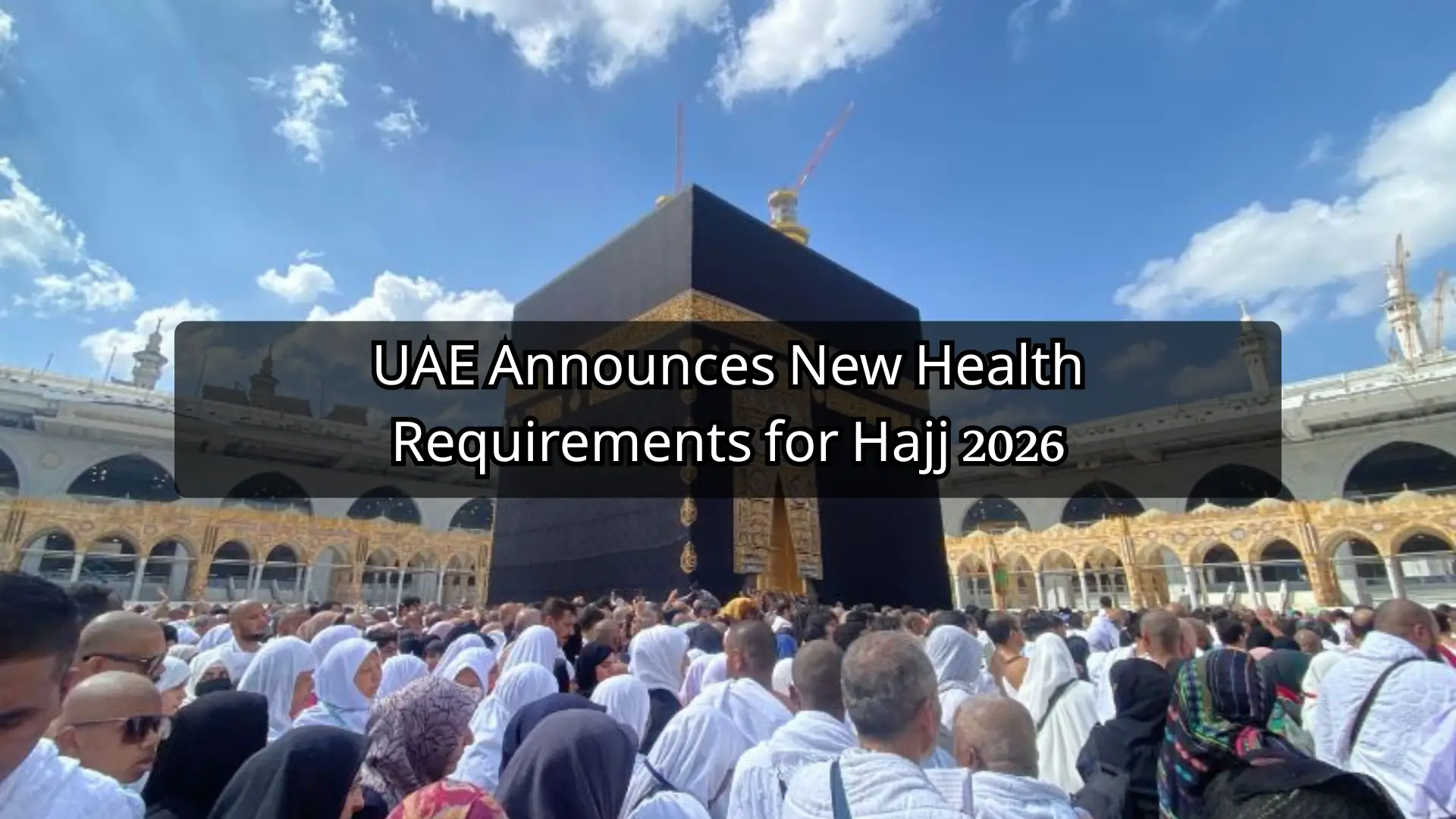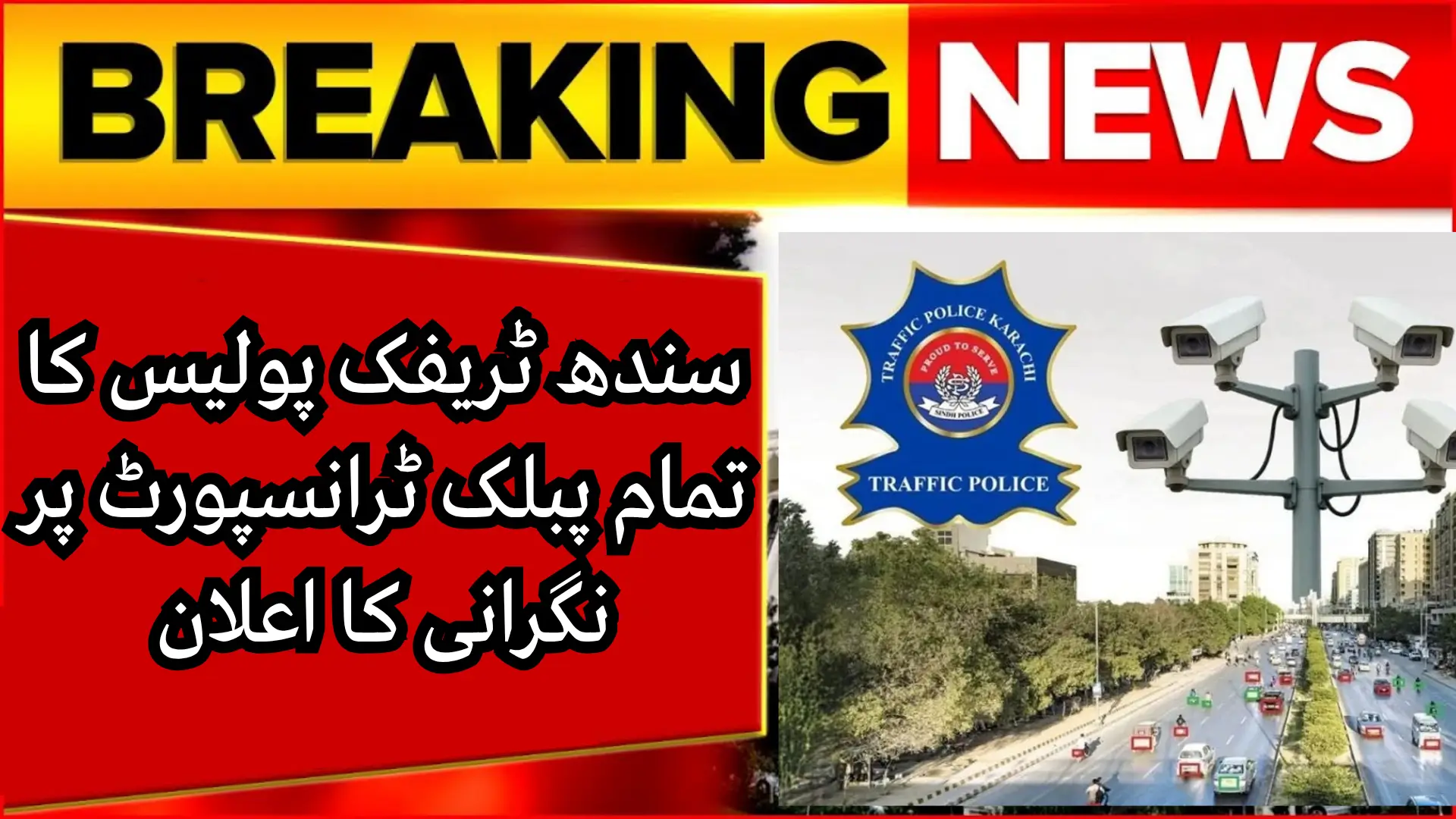UAE Announces New Health Requirements for Hajj 2026. The General Authority of Islamic Affairs, Endowments, and Zakat has reaffirmed its commitment to safeguarding the health and safety of UAE pilgrims performing Hajj 2026. In coordination with Saudi health authorities, the UAE has announced a set of strict health, vaccination, and awareness measures designed to ensure that all pilgrims perform their sacred duties in a safe and healthy environment.
Strict Health Rules for Hajj 2026
According to official updates, the Kingdom of Saudi Arabia has introduced revised health and immunization requirements for all travelers arriving for Hajj or seasonal work during the 1447H / 2026 season.
Every pilgrim must submit a medical declaration confirming they are free from serious or contagious diseases that might hinder them from performing Hajj rituals effectively.
Medical Conditions Disqualifying Pilgrims
Pilgrims will not be allowed to participate if diagnosed with:
- Major organ failure (heart, kidney, or liver)
- Severe neurological or psychological disorders
- Advanced dementia or cognitive impairment
- Late-stage pregnancy
- Contagious diseases such as pulmonary tuberculosis, hemorrhagic fevers, or active cancer under treatment
These conditions are considered a health risk to both the affected individuals and the wider pilgrim community.
Mandatory Vaccinations for Pilgrims
All UAE pilgrims are required to complete vaccinations well before their departure. The two mandatory vaccines are:
- Meningococcal vaccine
- Seasonal influenza vaccine
Health officials also recommend optional vaccines such as COVID-19, pneumococcal, or other immunizations based on the pilgrim’s age and medical condition.
The General Authority of Islamic Affairs will coordinate with UAE’s Ministry of Health and Prevention (MoHAP) to review each pilgrim’s medical reports, ensuring full compliance with Saudi health protocols.
Over 72,000 Applications Received for Hajj 2026
By October 9, 2025, the Authority had received nearly 72,000 Hajj applications through its official website and smart app for the 1447H / 2026 Hajj season.
The screening and preliminary approval process is currently underway, following Cabinet Resolution No. 32 of 2018, which regulates Hajj and Umrah procedures.
Quota and Notification Process
- Allocated UAE Quota: 6,228 pilgrims
- Notification: Approved applicants will be contacted via registered phone numbers.
- Next Steps: Those who receive initial approval must complete required procedures within the specified timeframe to obtain their official Hajj permits.
‘Healthy Hajj’ Guide Issued by MoHAP
To help UAE pilgrims stay safe, the Ministry of Health and Prevention (MoHAP) has released a comprehensive “Healthy Hajj Guide.”
This guide provides essential health advice to prevent heat-related illnesses, dehydration, fatigue, and infections — particularly important given the intense heat and large crowds during Hajj.
Health Precautions Before Traveling for Hajj
To prepare physically and mentally for the journey, pilgrims are urged to follow these pre-travel medical tips:
- Consult your doctor to confirm your fitness for travel.
- Carry prescribed medicines after medical consultation.
- Keep a medical report with details of your conditions, dosages, and treatments.
- Get all required vaccinations at least 15 days before departure.
- Begin light exercise three weeks before traveling.
- Maintain a balanced diet to strengthen immunity.
- Prepare a medical kit with sanitizers, masks, and first aid essentials.
- Stay hydrated with an insulated or copper water bottle.
- Use sun protection, such as a light-colored umbrella.
- Maintain hygiene with personal toiletries like towels, toothbrushes, and soap.
Recognizing Heat Exhaustion Symptoms
Pilgrims should monitor for the following symptoms of heat exhaustion:
- Headache or dizziness
- Muscle cramps or weakness
- Nausea or vomiting
- Rapid heartbeat
- Dry or red skin
- Shortness of breath
- Fainting or loss of consciousness
If any of these symptoms occur, pilgrims must seek shade, hydrate, and rest immediately.
Tips to Prevent Heat Stress During Hajj
- Avoid prolonged exposure to direct sunlight.
- Stay in shaded or air-conditioned areas.
- Drink plenty of water and avoid caffeine.
- Rest between rituals to prevent fatigue.
- Sleep well to maintain stamina.
- Perform Hajj rituals calmly to conserve energy.
First Aid Essentials for Pilgrims
Before the Day of Sacrifice (Yawm Al-Nahr), all pilgrims are encouraged to carry a personal first aid kit containing:
- Cold and flu medicine
- Painkillers and fever reducers
- Antiseptics and disinfectants
- Stomach and digestive remedies
- Vitamin C tablets
- Creams for insect bites and sunburn
- Allergy medicines
- Adhesive tape and face masks
- Thermometer, blood pressure monitor, and glucose meter
UAE Continued Commitment to Pilgrim Welfare
The UAE remains committed to ensuring that every Hajj pilgrim travels in comfort, safety, and dignity. Through collaboration between religious authorities and health institutions, the country aims to set a benchmark in organizing safe pilgrimages under the highest medical and ethical standards.
Conclusion
The UAE’s updated health requirements for Hajj 2026 underscore its dedication to protecting the well-being of its citizens and residents. By adhering to the prescribed health guidelines, completing vaccinations, and preparing physically for the journey, pilgrims can experience a safe, spiritually fulfilling, and memorable Hajj.

















